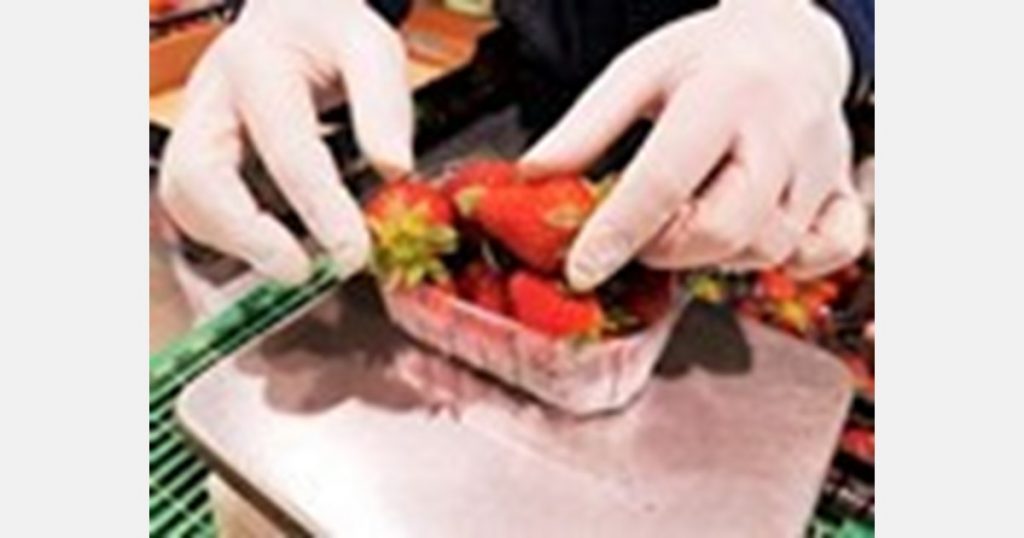The European plastic packaging market is expected to grow again, as demand for flexible plastic packaging is increasing from both food and non-food sectors. Innovation has been critical, as the industry was under pressure for increasing the environmental footprint. One innovation has been to go for compact plastic packaging formats, saving transport costs as well.
According to Onkar Patil, who works for Transparency Market Research, plastic packaging remains vital to both food and non-food sectors: “Plastic packaging, including flexible and rigid packaging solutions are predominantly used to ensure product life of a wide range of industrial and non-industrial goods during storage and transit. Thus, convenient usage and availability of customization, the plastic rigid and flexible packaging solutions have brought about a significant change in the way goods are pack, and are expected to witness significant traction during the foreseeable future.
“The TMR team has deeply analyzed the demand and supply of plastic packaging in European countries as per material, packaging, and end use. It is witnessed that the flexible plastic packaging formats are gaining significant demand among food and beverage, pharmaceutical, and cosmetics industries. Because of this, flexible packaging is expected to hold a major place in the target region during the forecast period.”
Plastic packaging has been under fire due to its being a hazard to the environment but, Patil states, it has made the industry think hard about innovations in bioplastics: “The European plastic packaging market is projected to grow at a modest CAGR of 4.1% during the forecast period. Plastic has been under great scrutiny for its increasing environmental footprint. Stringent regulations on plastic use have compelled manufacturers to innovate in bioplastics consisting of plant-based materials, including corn, which is broken down into PLA (Polylactic Acid) to produce food-grade containers and films.”
Another way to innovate is to find a way to free up as much space per cargo as possible. Patil states that demand for compact plastic packaging formats has been amplified as there are limitations on available space during the pandemic: “Leading, as well as small-scale industries players operating in the European market, are focusing on reducing the transportation cost of a wide range of food and non-food products.
“Moreover, packaging manufacturers in Europe are also designing packaging solutions, especially rigid packaging products, which are reusable and require less space during transportation or while in storage. For instance, Greif Inc, one of the leading industrial packaging manufacturers, has designed plastic drums with a tapered design that reduces the shipping cost and optimizes warehouse storage floor space. Rising preferences for such space-saving rigid packaging solutions to reduce overall transportation cost of food and non-food products, is driving the European plastic packaging market growth considerably.”
“Manufacturers operating in the European packaging industry are ready to switch to advances in packaging formats. Although a significant proportion of end users across the European countries are using rigid plastic and flexible packaging solutions, there is an adequate availability of alternative packaging solutions.
“An extensive range of packaging solutions, especially rigid packaging solutions made of metal, glass, wooden, and paper are predominantly used on the back of its highly sustainable and recyclable outlook. The consistent adoption of these alternative packaging solutions is significantly impacting the sale of plastic packaging solutions in Europe. Furthermore, a substantial portion of metal and paper-based packaging manufacturers in Europe are promoting these environment-friendly packaging solutions. The development and adoption of such alternative packaging solutions in European countries is likely to limit the sale of plastic packaging solutions in the foreseeable future,” Patil concludes.
For more information:
Onkar Patil
Transparency Market Research
Email: Onkar@transparencymarketresearch.com
www.transparencymarketresearch.com


